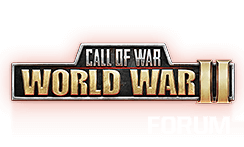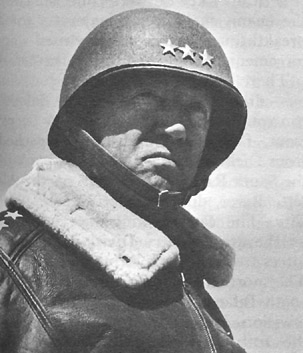I agree with subs dominating early, but I noticed the destroyers getting fairly strong lategame and wrecking my subs now. Subs still provide a great meatshield vs other units (subs have low hp, but only the destroyer does decent damage vs subs) so your destroyers can do some damage. The oil upkeep doesn't hurt me thb. If you have lots of land it really is no problem. Both world maps I have like 50 subs = 2.5k oil upkeep/day. Compared to 50 tanks or 50 planes this is very acceptable.CzarHellios wrote:
In regards to battles on the sea, the reason I recommended submarines is due to the fact that at the time, they could easily kill anything else. One on one. They were also the cheapest naval unit to build. Naturally, this allowed you to put more resources into building a Airforce/(And producing Land mechs, even more to throw into a airforce).
As of recent updates, they are still solid. Convoys have a odd tendency to be able to take Submarines on on one and win, though not against other naval units.(Recent update by the Developers). Destroyers aren't bad either, and if you have to do a stack, then a Dessie/Sub stack wouldn't be that bad.
Cruisers of course are still essentially worthless - Being a less efficient Battleship/Destroyer mix - And failing at both. Battleships are still floating debris piles, and their job is more easily done with Tactical Bombers/Submarines/Etc.
Naturally, just having more than your opponent is a good thing. In most maps, such as the ten player and twenty two, naval matters are of a secondary concern mostly.
Granted, their have been quite a few recent updates to the naval aspect of the game. Such as Submarines now have a small oil upkeep, which is relatively new. But all in all, I still see Submarines taking on Destroyers, Battleships, Cruisers, every other naval unit in the game one on one, and winning.
-------
The kruiser and battleship are indeed still fairly useless. I tried some experimenting with the kruiser on both of my world maps, but I don't get them to pay off ( I know your manual isn't written for the worldmap and it was before some changes were made). I was thinking they could provide airdefense to my convoys and some defense vs destroyers. However the kruisers can't protect your men wenn they disembark. Kinda dissapointing, because that moment you might need them the most. And they just don't do so well in battle, since most people use destroyer/subs/battleship.





